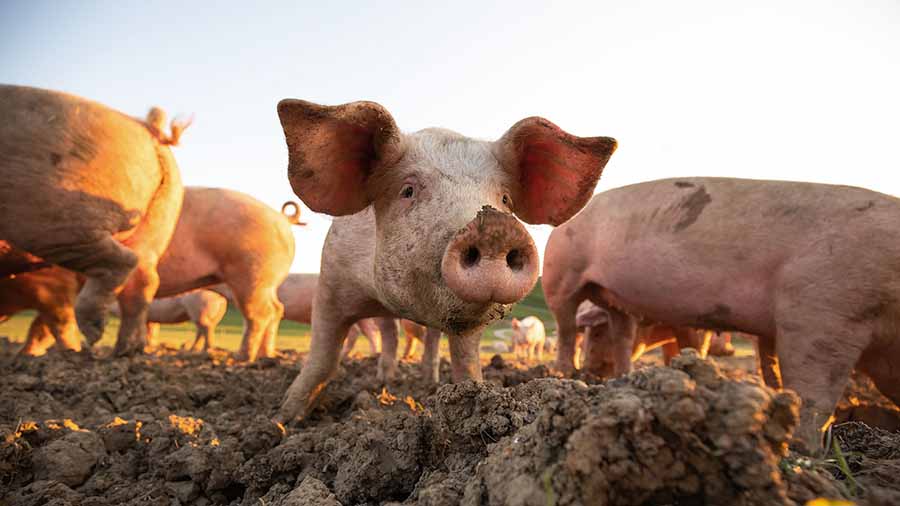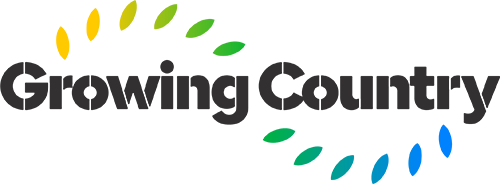When the Ladner family embarked on their free-range pork production enterprise in 2003, they could hardly have known the increasing pressure that would come on traditional pork production systems. Much of that pressure centres around animal welfare and increasing consumer awareness of how commercial pork is produced.
Mark defends his fellow pork producers who he says are audited under the same Australian Pork Industry Quality Assurance (APIQ) program as Gooralie. At the same time, the couple had a strong passion to establish a free-range operation, which they believed was a good fit both ethically and personally.
As existing livestock producers, Mark and Charisse had an in-built understanding of grazing management. They saw the benefits of their sheep and cattle grazing paddocks, and, while they knew their pigs would need a ration to grow quickly, could see no reason why the pigs couldn't lead the same kind of free- range life as their other livestock.
But this is, and always was, a business that produces protein, albeit in a free-range environment. As such, seven different rations are created every three months for the different growth stages, from piglet to lactating sow. That is on top of what they can graze from the paddocks, where they can exhibit natural behaviours like wallowing and digging. The rotation between paddocks keeps pest and disease levels down, allowing the free-range pork to hang its hat on another marketing plus: being free from antibiotics.
Mark and Charisse are also quick to recommend an input which costs nothing but does so much: sunlight. Aside from vaccinations to optimise health, it is sunlight that keeps the pigs healthy, they say.
There is no rule book in free-range pork production.
When Gooralie began growing free-range pork, there was no rule book in free-range pork production/systems. That was a challenge in itself, but there are many things the Ladners did instinctively which proved to be winners.
The site of the piggery was carefully chosen for its soil type - a sandy loam/clay - and its position on the property with no near neighbours. And while the pigs are free range, and rotated through a series of paddocks, a two-metre high exclusion zone fence was built around the whole property and then another around the piggery for biosecurity reasons. The piggery is essentially run as a separate, fenced-off 325-hectare property, with strict quarantine measures ensuring the health of the pigs at all times.
Gooralie Free Range Pork is now one of the best-known pork brands in Australia with customers up and down the east coast of the country and overseas. That customer base has been built around the three pillars of free range, antibiotic free and high animal welfare, all of which are key selling points.
As one of the first to gain RSPCA accreditation for pork, which recognised the ability of the animals to move, forage, socialise and explore, their free-range product now sells with the Australian Pork Industry Quality Assurance Program (APIQ) Free Range certification.
And here's the rub - Mark said the free range pork can have all the accreditations you like and all the certificates but to command the premiums ... it has to be quality and it has to taste good.
But here's the rub: Mark says the free-range pork can have all the accreditations you like and all the certificates, but to command the premiums needed to cover the extra costs of free-range pork production, it has to be quality and it has to taste good. 'We need to be above and beyond in terms of quality as well as being all natural,' he says, 'and while people will say that they want to buy pork from free-range systems, they are not necessarily as keen to put their money where their mouth is. I don't think that some consumers understand that higher animal welfare pork is more expensive to produce and, as such, it has to attract a premium.'
However, an increasing number of people are prepared to pay for it, including a growing list of butcher shops. A recent addition to that list is Our Cow, an online butchery that delivers grass fed beef, organic chicken, grass fed lamb and now the Gooralie Free Range Pork direct to homes.
In support of the Our Cow operation, and knowing the effort it takes to establish a business, the Ladners invested in Our Cow when it underwent a capital-raising process to support fellow producers trying to do exactly what they were: producing high animal welfare meat.



